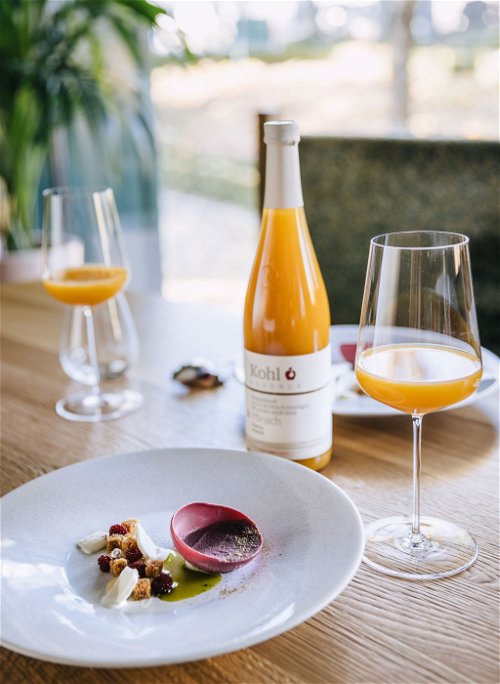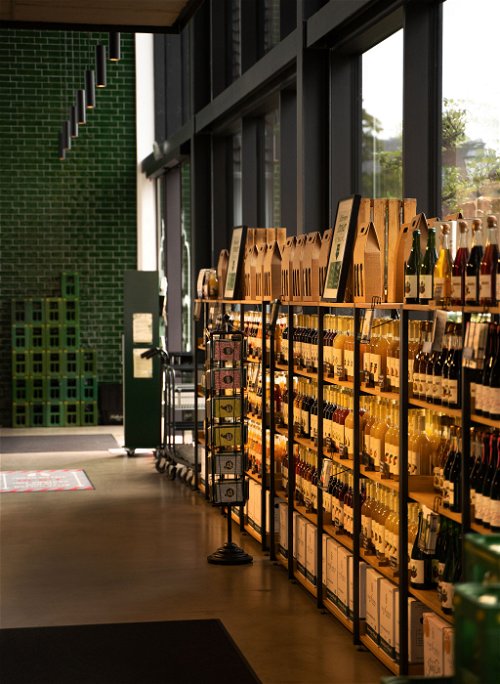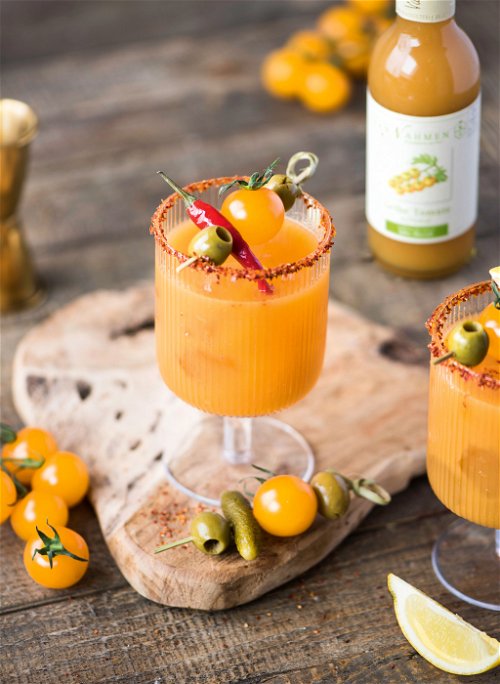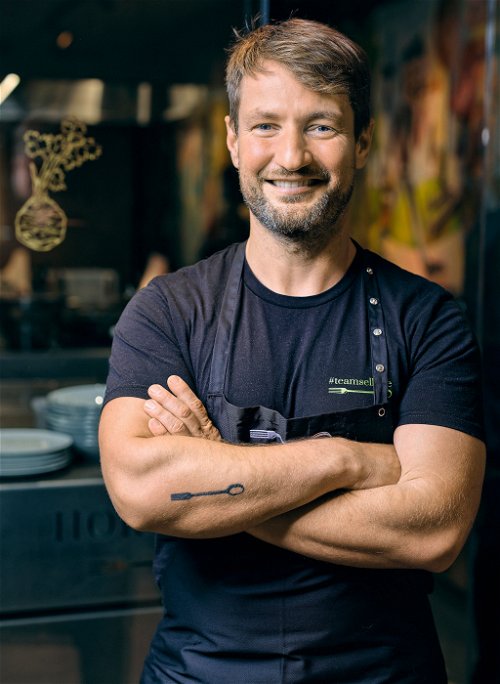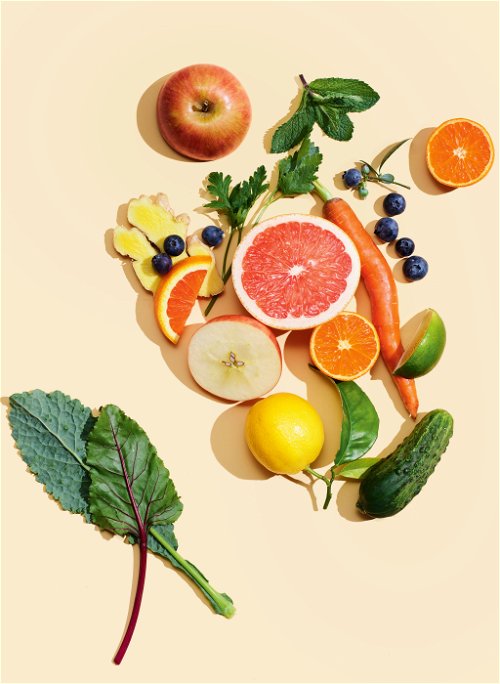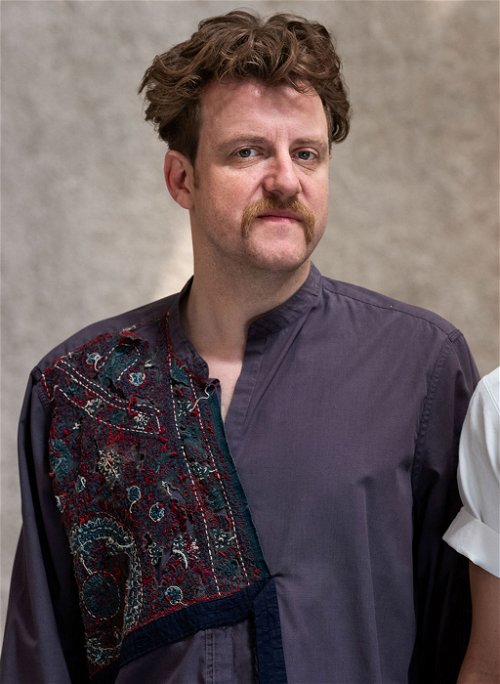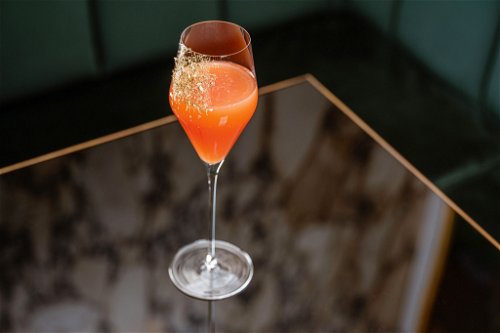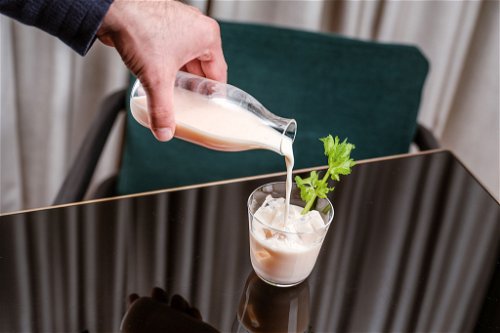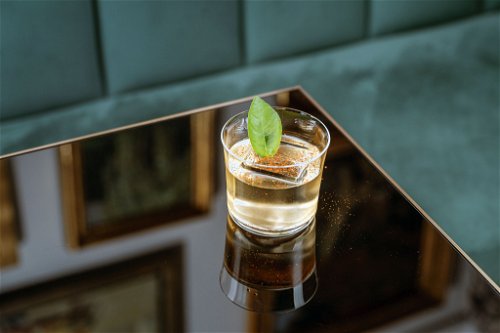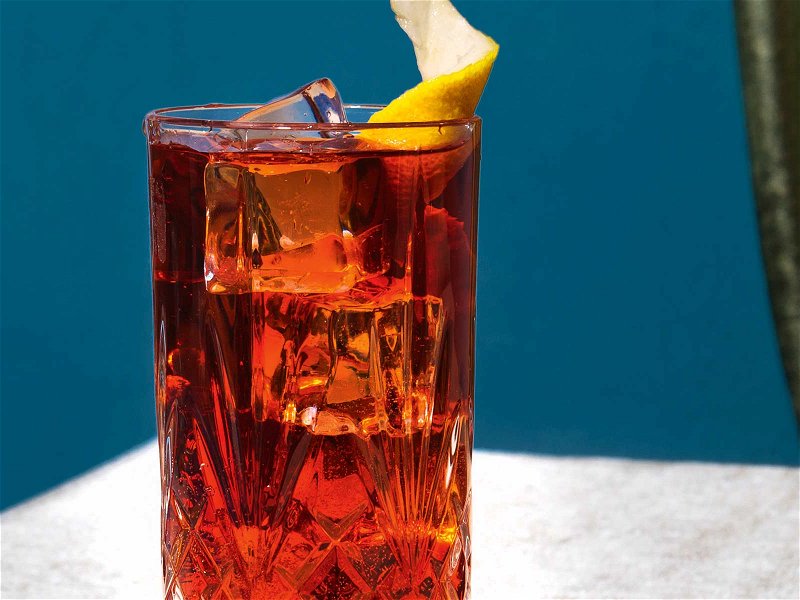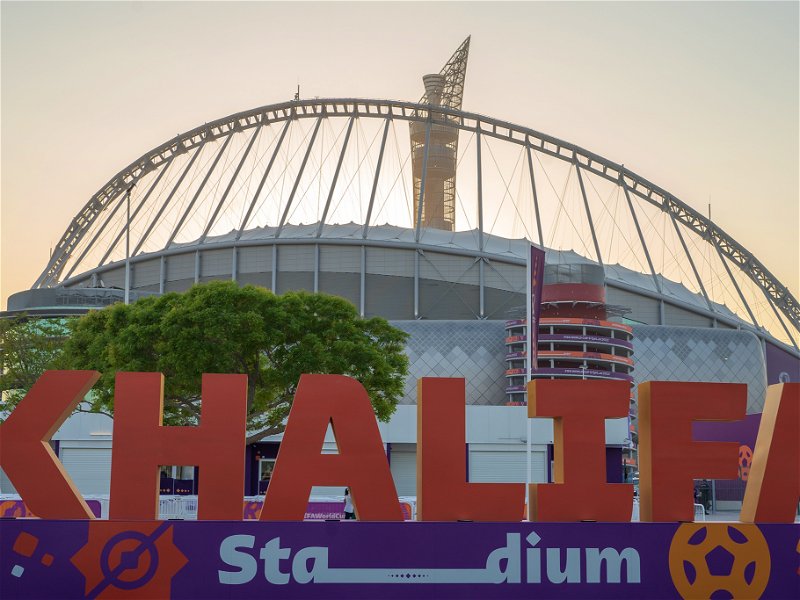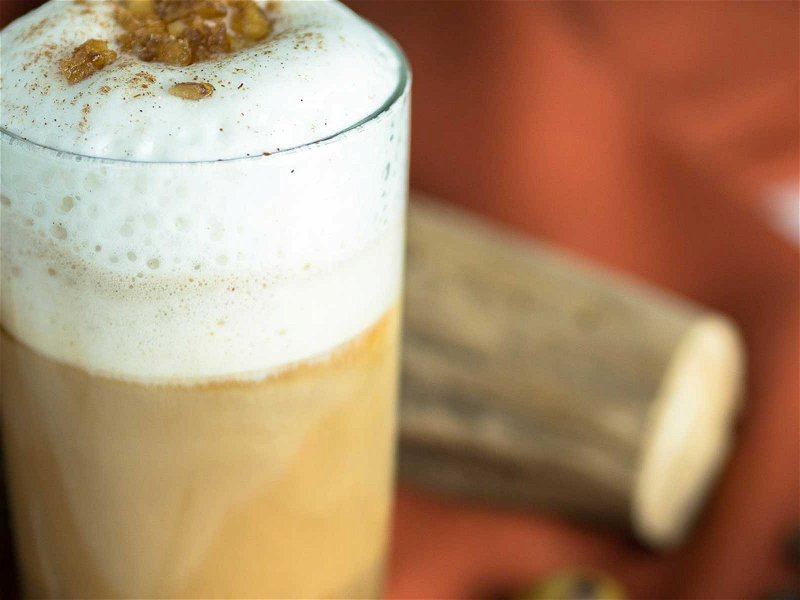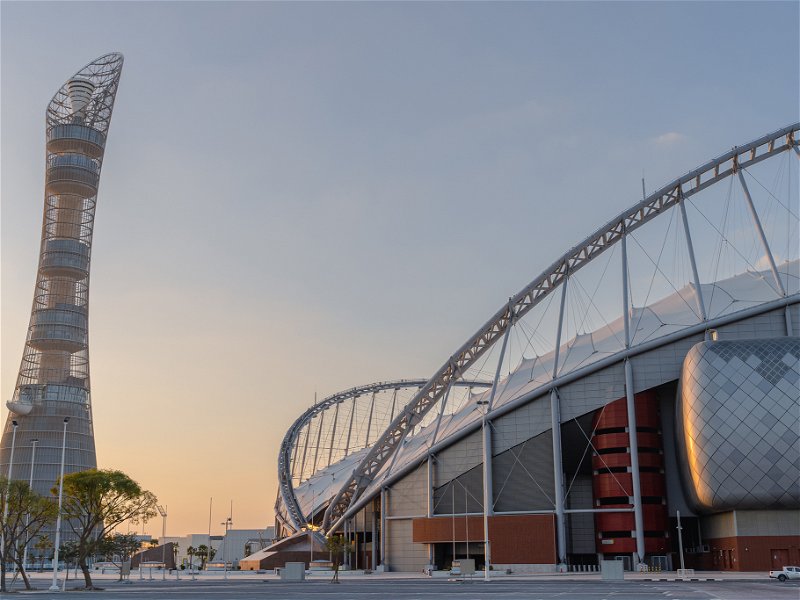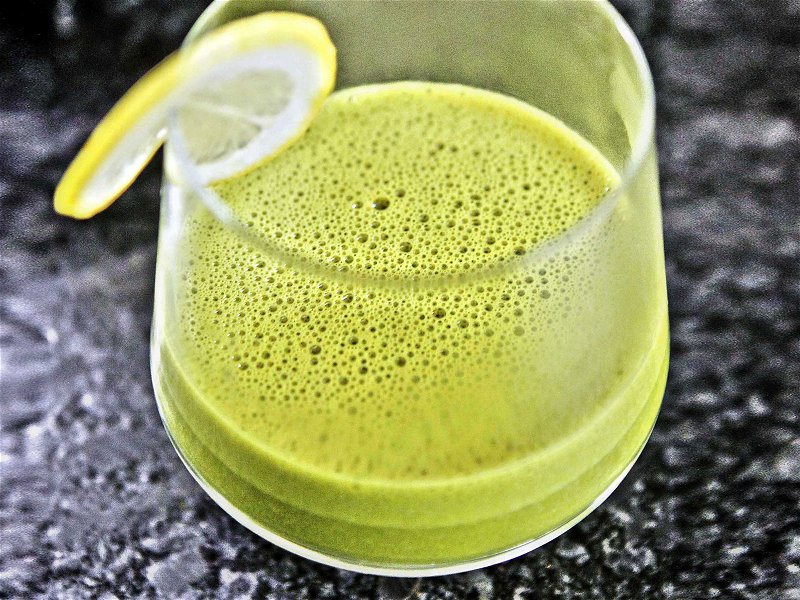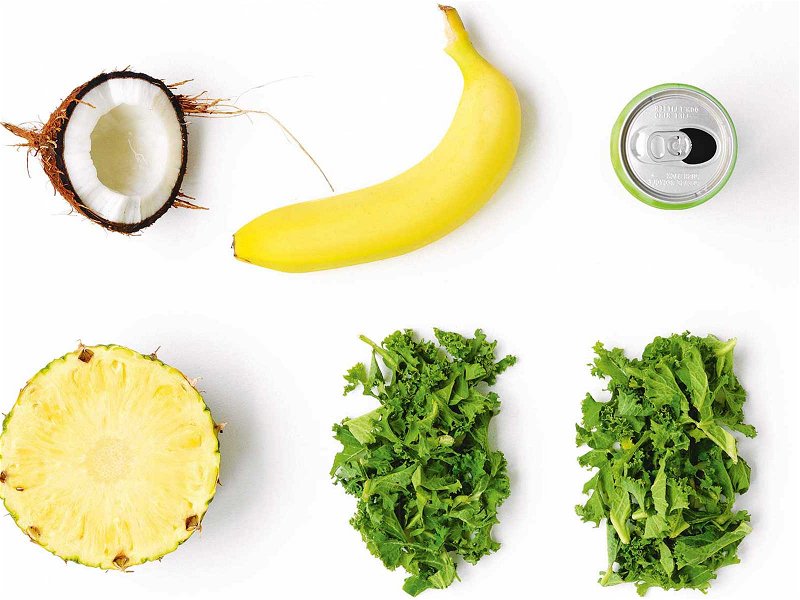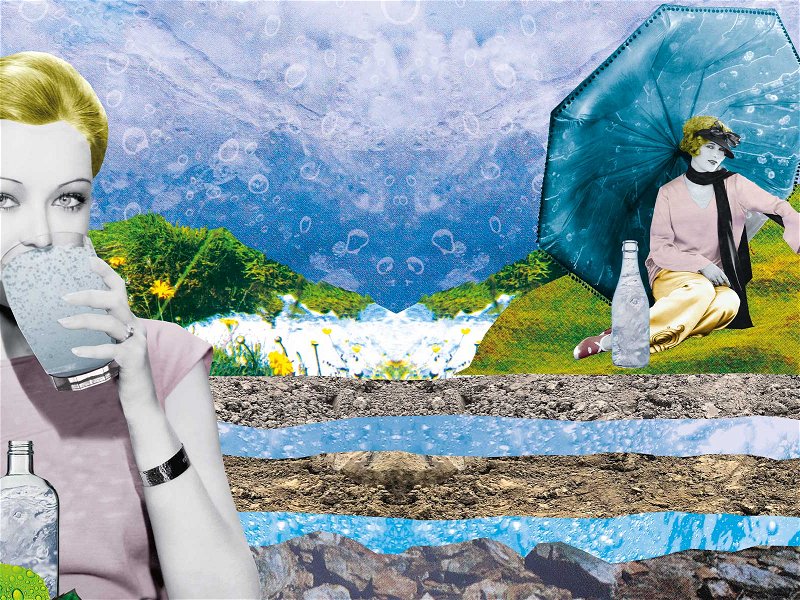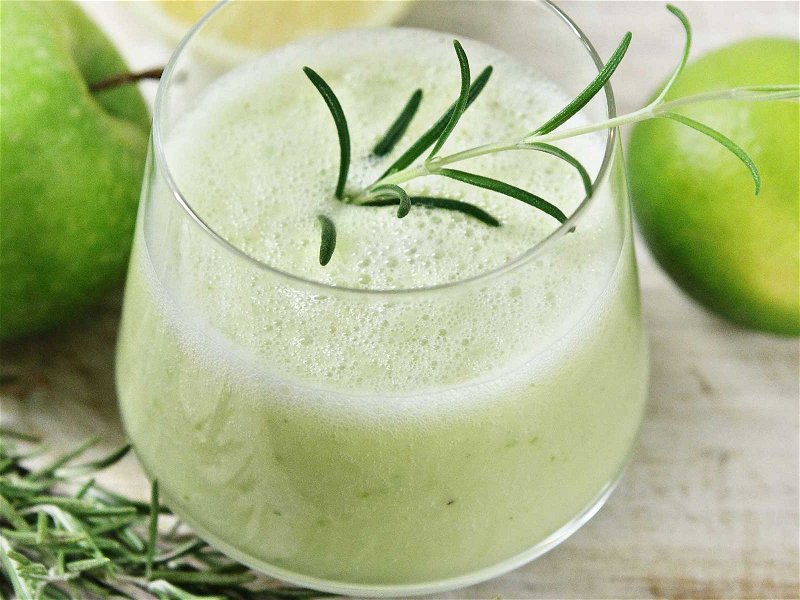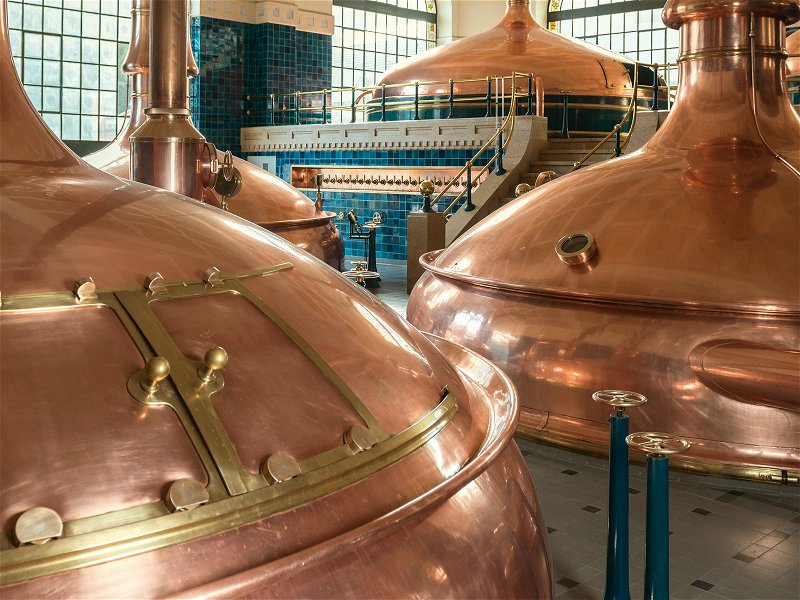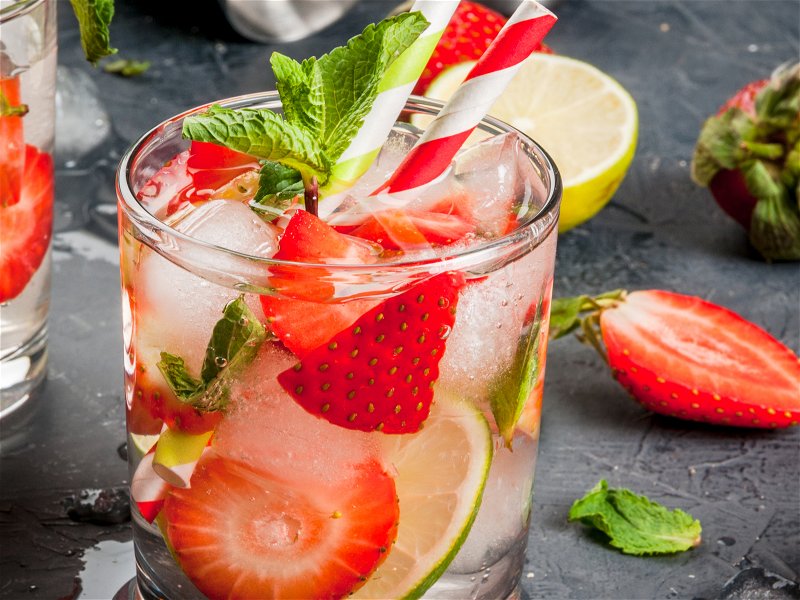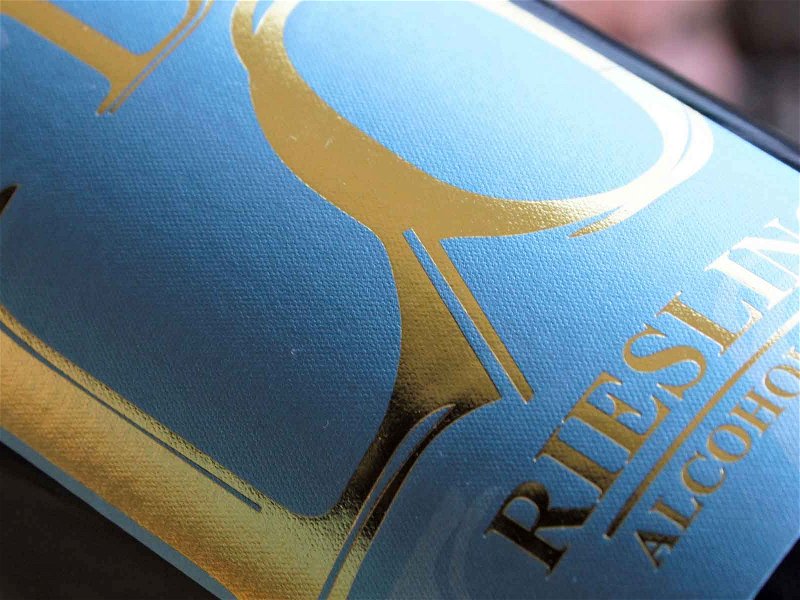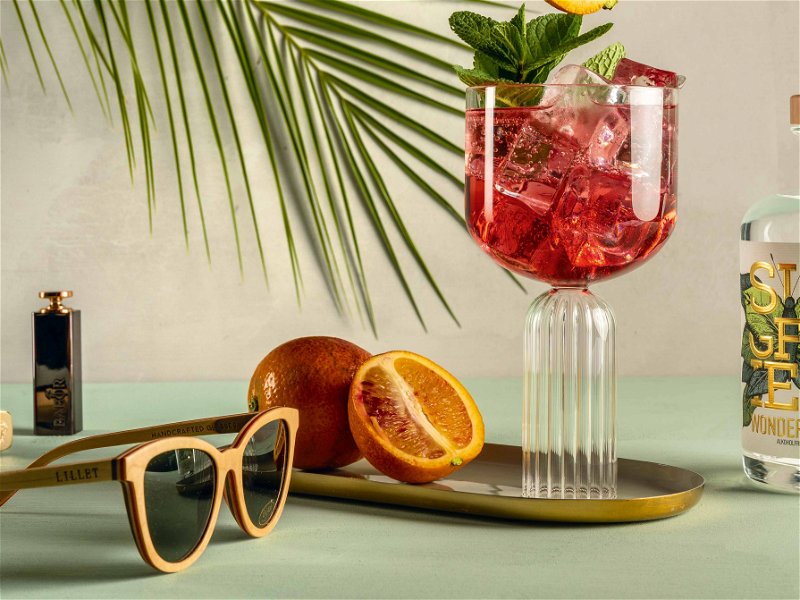How non-alcoholic food pairings are revolutionising gastronomy
Non-alcoholic food accompaniments have long since established themselves as the equivalent of quality wines, as they are in no way inferior to them in terms of complexity. Some juices are particularly popular with gourmets - and rightly so?
It is not so long ago, when the question of a non-alcoholic menu accompaniment caused only incomprehension among sommeliers. The fact that this has changed fundamentally is in part the work of Peter van Nahmen, a fourth-generation juice producer.
In his fruit press house in Hamminkeln in the Lower Rhine region, about an hour's drive from Düsseldorf, the 53-year-old has exotic fruits such as the Piedmont wild plum processed, an endangered variety that grows exclusively in the Italian Alpine region between 400 and 600 metres above sea level. This juice is so noble that even the German president has it poured when he receives state guests, it is rumored. The newly crowned King Charles of England, for example, was served a glass when he attended the state banquet at Bellevue Palace in March, says fruit pressman van Nahmen proudly.
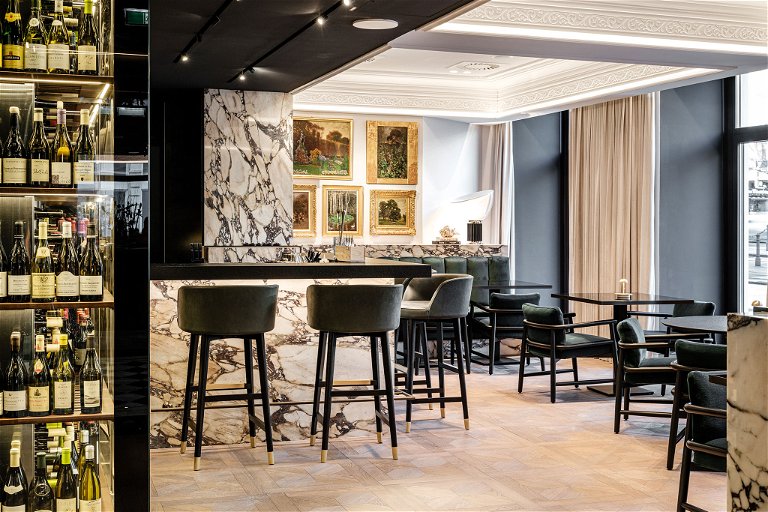
Star hour for the juice
Gone are the days when wine was the only true accompaniment to fine food. Freed from convention, sommeliers around the world are now experimenting with non-alcoholic beverages such as teas, flavoured water, malt drinks, kombucha and, of course, fruit and vegetable juices.
Whereby not all juices are the same. The EU distinguishes between four different types in its Fruit Juice and Soft Drinks Regulation. The highest quality is direct juice, which, as its name suggests, is pressed directly from fruit. However, one hundred percent juice may also be called such, which consists of concentrate. This is shipped to the respective consumer country, where it is made drinkable again with water. The fruit for this often comes from China. Depending on the variety, nectar contains 25 to 50 percent fruit, and a so-called fruit juice drink contains only six percent fruit at all.
Juice producer van Nahmen has added another category to this classification, the royal class, if you will: varietal juices. If a bottle says "Wild plum from Piedmont" or "Dornfelder grape", then the juice is also 100 percent made from it - unlike supermarket products, for which fruits of different provenance are usually mixed to save costs.
Top gastronomy as a customer
In numerous top restaurants, such as the "Alchemist" in Copenhagen, Kevin Fehling's "The Table" or Tim Raue's, van Nahmen's single-varietal products are already in the range as a non-alcoholic counterpart to high-quality wines. And he is no longer alone with his range of products; in the Swabian Alb, Jörg Geiger produces non-alcoholic Proseccos and sweet wines from fruit trees, and in South Tyrol, at an altitude of almost 1,000 metres, Thomas Kohl presses old, particularly aromatic apple varieties into fine juices.
Some of the most unusual bottlings come from Obsthof Retter in Pöllau, Styria, where wine-press maker Werner Retter produces so-called wild direct juices, which he subjects to an ageing process lasting several years - as is customary with wines. "Wild fruits and berries have much more antioxidants, more acidity and less fructose than plantation and cultivated fruits," Retter explains. This is what makes them storable in the first place. These juices are poured into fancy bottles reminiscent of fine wine and labelled with a vintage.
Anyone who tastes the Austrian's juice experiences a new dimension of drinking pleasure, but also enters a new price dimension for juice. The just released "2015 Wild Cranberry", in which Retter sees his masterpiece, comes in at a whopping 133 euros per bottle. At present, it is mainly the top restaurants and luxury hotels that are interested in it. But demand from private individuals is also on the rise. At van Nahmen, for example, the premium segment already accounts for 60 percent of production, as the boss reports.
Revolution in glass
For Sebastian Frank, however, it would be too simplistic to simply purchase ready-made juice. The two-star chef, born in Mödling near Vienna, is something like Austria's culinary ambassador in Berlin. Since 2010, he has been developing the dishes of his homeland into highly sophisticated avant-garde cuisine in his restaurant "Horváth".
Why should I resort to a ready-made product, when even blended juices offer untold possibilities to accompany a dish in a whole new way, and independently of the relatively fixed characteristics of a wine.
... Frank says. "For example, I can add missing roasted flavour to a dish of steamed vegetables by using the accompanying juice." The idea of creating a non-alcoholic beverage to correspond with his dishes, on par with a glass of wine, came to him during his partner's pregnancy. His sous chef at the time had then told him about a visit to the restaurant "Kadeau" on the Danish island of Bornholm, where he had been served a non-alcoholic accompaniment consisting of variously flavoured apple juice.
Star chef Frank liked this idea of a basic liquid and modified it. Half of his basic juice is made from two types of apples - one sweet and one tart - and the other from carrots, celery and parsley root, which he juices all together. To ensure that the result is not too saturated, he subjects this mixture to hot filtration, which separates all solids from the liquid so that they can be easily sieved off. He spices up the result with ingredients such as whey, gold-of-pleasure oil, horseradish, or honey, for example, or, in other variants, adds specially produced spice mixtures to the rims of the glass, as in the case of a margarita. These creations are actually far too complex to be called just juices, says Berliner-by-choice Sebastian Frank; they are much more like small, liquid "satellite dishes."
Nobelhart & Schmutzig, also in Berlin and currently ranked 45th on "The World's 50 Best" list, takes the trend of so-called "juice pairing" very seriously. There, a good ten percent of guests now opt for the non-alcoholic accompaniment. This is a growing economic factor that cannot be neglected, explains sous chef Florian Hartinger. After all, it's a well-known fact that in the restaurant business, money is earned above all with drinks. At Nobelhart & Schmutzig, the non-alcoholic accompaniment to the meal costs 80 euros. It is put together anew each time the menu changes, from a recipe pool that now includes around 30 non-alcoholic juice blends and continues to grow. The luxury restaurant makes some of its own juices, while others are sourced and processed by local wine presses. Stefan Vetter 's quince juice, for example, is mixed with hay, then made into a cold extract and finally strained. "Long since a classic," says sous chef Hartinger.
Maximilian Wölle, head bartender at the newly opened luxury hotel "The Amauris" on Vienna's Ring, takes a more sober view of the trend, although the hotel's own restaurant "Glasswing" also sets a good example of excellent accompaniment with drinks without alcohol. He said he respects if someone doesn't want to drink alcohol. But instead of just serving these guests juices, chef Alexandru Simon 's seven-course menu is accompanied by an alternation of juices, fermented drinks and non-alcoholic cocktails, so-called mocktails, such as the "Pimento Colada" made with coconut water, clarified pineapple juice, "Lyre's Spiced Cane Spirit," pimento d'Espelette and ginseng. "Seven courses of only juice is not for most guests," says bartender Wölle. "Even if it's different flavours, at some point the palate closes down."
The newfound freedom to combine wildly is the real achievement, he says: wine with cocktails, teas with juices, fermented drinks with beer, and so on. Guests are more open to this than ever, says Wölle. Especially when they sense that someone has really put some thought into it.
Tips & Addresses
Obstkelterei van Nahmen
Founded in 1917 as an apple and beetroot factory, started production of fruit juices in 1930. Since 2005, Peter van Nahmen, great-grandson of the founder, has been running the business in the Lower Rhine region. With single-origin fruit juices, fruit sparkling wines and trendy Sparkling Juicy Teas, he has successfully occupied a new niche.
Diersfordter Street 27, 46499 Hamminkeln, Germany
T: +49 2852 96099-0, vannahmen.de
Fruit farm Retter
At the Retter fruit farm in Pöllau, Styria, bionatural juices and non-alcoholic vintage bottlings are produced in a special manufacturing process from wild fruits from the world's best primeval forest locations, which mature behind the thick walls of the Pöllauer Schlosskeller until they are ready to drink.
Winzendorf 142, 8225 Pöllau
T: +43 3335 4131-0, obsthof-retter.com
Manufaktur Jörg Geiger
Jörg Geiger's heart beats for old apple and pear varieties from the Swabian Alb. In his manufactory, he has been processing scattered fruit for 30 years into unique distillates, sparkling wines and non-alcoholic sparkling wines, called "PriSecco", which are almost as noble as champagne.
Eschenbacher Street 1, 73114 Schlat
T: +49 7161 99902-24, manufaktur-joerg-geiger.de
Cabbage mountain apple juices
At an altitude of almost 1,000 metres above sea level on the Ritten in South Tyrol, winepress maker Thomas Kohl produces all-natural mountain apple juices with the idea of treating his hand-picked apples as well as wine. For a few years now, the apple grower has also been planting rare varieties of apples, for example Winter Calville, Pineapple Renette or Gold Parmäne, which he sells as "Grand Cru".
Main street 35, 39054 Unterinn am Ritten
T: +39 471 359442, kohl.bz.it

